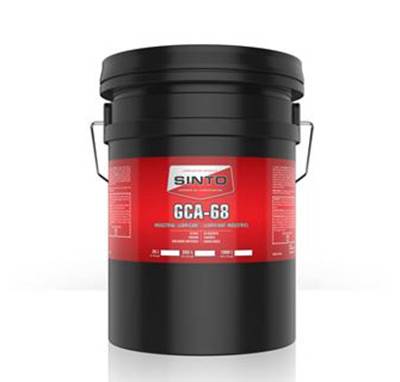Aug . 29, 2024 14:12 Back to list
PVC Pipe for Farm Irrigation - Durable & Efficient Solutions
PVC Pipe for Farm Irrigation A Sustainable Solution
Irrigation is a crucial component of modern agriculture, ensuring that crops receive the necessary water for optimal growth. Among the various materials used in irrigation systems, PVC (Polyvinyl Chloride) pipes stand out for their numerous advantages. This article explores the benefits of using PVC pipes for farm irrigation and why they are becoming a popular choice among farmers.
One of the primary benefits of PVC pipes is their durability. Made from a thermoplastic material, PVC pipes are resistant to corrosion and decay, making them an ideal choice for agricultural applications. Unlike metal pipes that can rust or degrade over time, PVC pipes maintain their structural integrity, even under harsh environmental conditions. This longevity translates to cost savings for farmers, as they do not need to frequently replace their irrigation systems.
PVC Pipe for Farm Irrigation A Sustainable Solution
Furthermore, PVC pipes are highly efficient in water delivery. They have a smooth interior surface, which reduces friction and prevents water from being lost through leaks. This efficiency is particularly important in regions where water resources are limited, as it ensures that every drop counts. By utilizing PVC pipes, farmers can optimize their irrigation systems, increasing water use efficiency and promoting sustainable agricultural practices.
pvc pipe for farm irrigation

Another noteworthy aspect of PVC pipes is their resistance to UV rays. Traditional materials may degrade when exposed to sunlight, leading to cracks and leaks. However, PVC pipes can withstand prolonged exposure to UV light, making them a reliable choice for surface irrigation systems. This resilience ensures a longer lifespan for the irrigation infrastructure, allowing farmers to focus on their crops rather than worrying about replacements.
The versatility of PVC pipes also enables their use in various irrigation methods, such as drip irrigation, sprinkler systems, and surface irrigation. Farmers can customize their irrigation setup based on the specific needs of their crops, ensuring optimal moisture levels. This adaptability is essential for maximizing crop yield and improving overall farm productivity.
Moreover, with the increasing emphasis on sustainable farming practices, PVC pipes align well with eco-friendly approaches. The long lifespan and efficiency of PVC pipes contribute to reduced plastic waste, as they do not need to be replaced frequently. Additionally, their smooth surfaces minimize water loss, helping to conserve this vital resource.
In conclusion, PVC pipes are an excellent choice for farm irrigation due to their durability, lightweight nature, and efficiency in water delivery. Their resistance to UV damage and adaptability to different irrigation methods further enhance their appeal to farmers. As agriculture continues to evolve and embrace sustainable practices, PVC pipes will play a vital role in ensuring food security and promoting responsible water usage. Farmers looking to improve their irrigation systems should consider transitioning to PVC pipes for a reliable and eco-friendly solution.
-
HDPE Natural Sheet: Durable, Food-Grade & Versatile Plastic Solutions
NewsAug.27,2025
-
Durable Glossy PVC Rigid Sheet | Premium High-Shine Panels
NewsAug.26,2025
-
Durable PP Rigid Sheet: Lightweight, Chemical Resistant Solutions
NewsAug.21,2025
-
PVC Grey Sheet for Extraction: Chemical Resistant & Durable
NewsAug.19,2025
-
Durable PVC Pipe Fittings for Plumbing & Irrigation Needs
NewsAug.18,2025
-
HDPE Steel Belt Reinforced Spiral Corrugated Pipe | High Strength
NewsAug.17,2025

